
Taiwan to Release Analysis of Alleged Chinese Election Interference
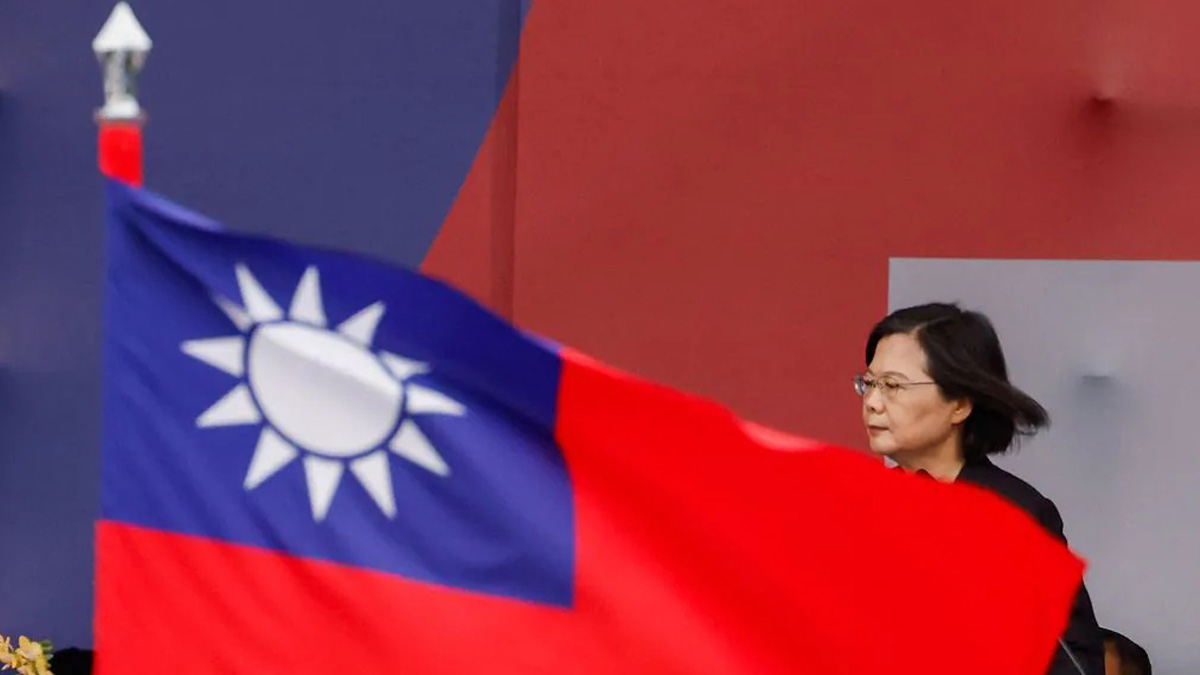
Amid escalating tensions, Taiwan is set to document and publish its analysis of China’s alleged attempts to interfere in the upcoming presidential and parliamentary elections on January 13. The Taiwanese government has pointed to various tactics, including military and economic pressure, as well as subsidized trips to China for local Taiwanese officials, as evidence of Beijing’s interference.
In response, China’s Taiwan Affairs Office has dismissed Taiwan’s concerns, calling the elections a “purely internal Chinese matter” and accusing the Democratic Progressive Party (DPP) of labeling routine interactions between Taiwan and China as interference.
Foreign Minister Joseph Wu addressed the issue in the latest edition of The Economist, revealing that Taiwan is actively countering China’s interference and will release its analysis post-election in consultation with international experts. While Wu did not provide specific details, he highlighted Taiwan’s commitment to transparency in documenting its experiences.
Taiwan’s government asserts that China is making a concerted effort to influence the election in its favor. With China claiming Taiwan as its own territory, the election has been framed by Beijing as a choice between war and peace. Chinese officials accuse Taiwan’s government of exaggerating military threats from China for electoral gains.
Wu emphasized the potential ramifications of China’s influence on Taiwan’s democratic process, warning that if successful, similar tactics might be employed in other democracies to promote China’s preferred international order. He urged the international community to closely monitor China’s efforts, including influence campaigns, disinformation, and cyberattacks, to undermine Taiwan’s democracy.
“Our desire is to turn Taiwan’s experience into a positive contribution to the rules-based international order, thereby helping the free world’s fight against authoritarian powers bent on eroding democratic systems,” Wu stated, expressing confidence in democracy’s ultimate triumph.
China, however, has targeted the DPP’s presidential candidate, Vice President Lai Ching-te, accusing him of being a dangerous separatist. Lai has extended invitations for talks with China, but they have been consistently rejected. Both the DPP and the Kuomintang (KMT), Taiwan’s largest opposition party, emphasize that only the 23 million people of Taiwan can decide their future, rejecting China’s sovereignty claims. The KMT, while advocating close ties with China, asserts its opposition to Taiwan’s independence. The upcoming elections are critical, not only for Taiwan but also for regional dynamics, as the island nation navigates its path amid growing geopolitical complexities.
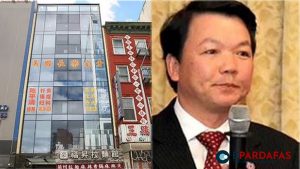
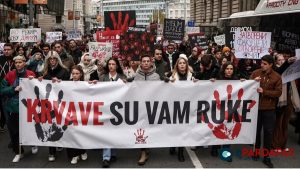
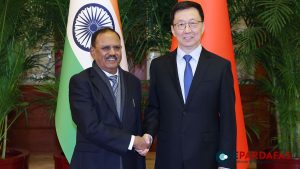
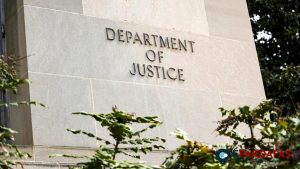

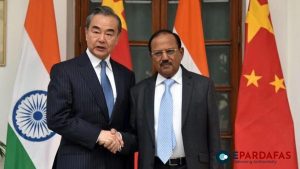
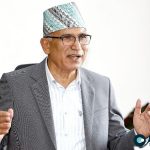




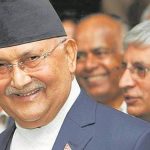
Comments